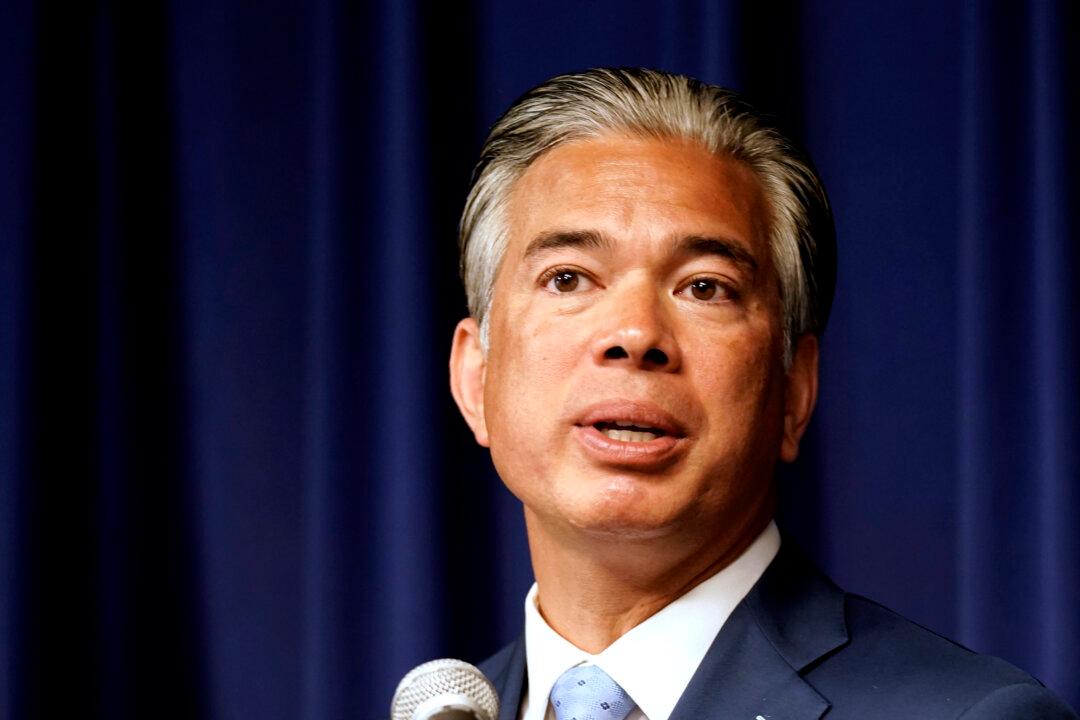The Supreme Court refused an emergency application in a Dec. 12 ruling to block California’s enforcement of a voter-approved ban on flavored tobacco products, including e-cigarettes, that takes effect next week.
Winston-Salem, North Carolina-based R.J. Reynolds Tobacco Co. had asked the high court for an emergency injunction preventing enforcement of California Senate Bill 793 while it pursues appeals in the lower courts.





